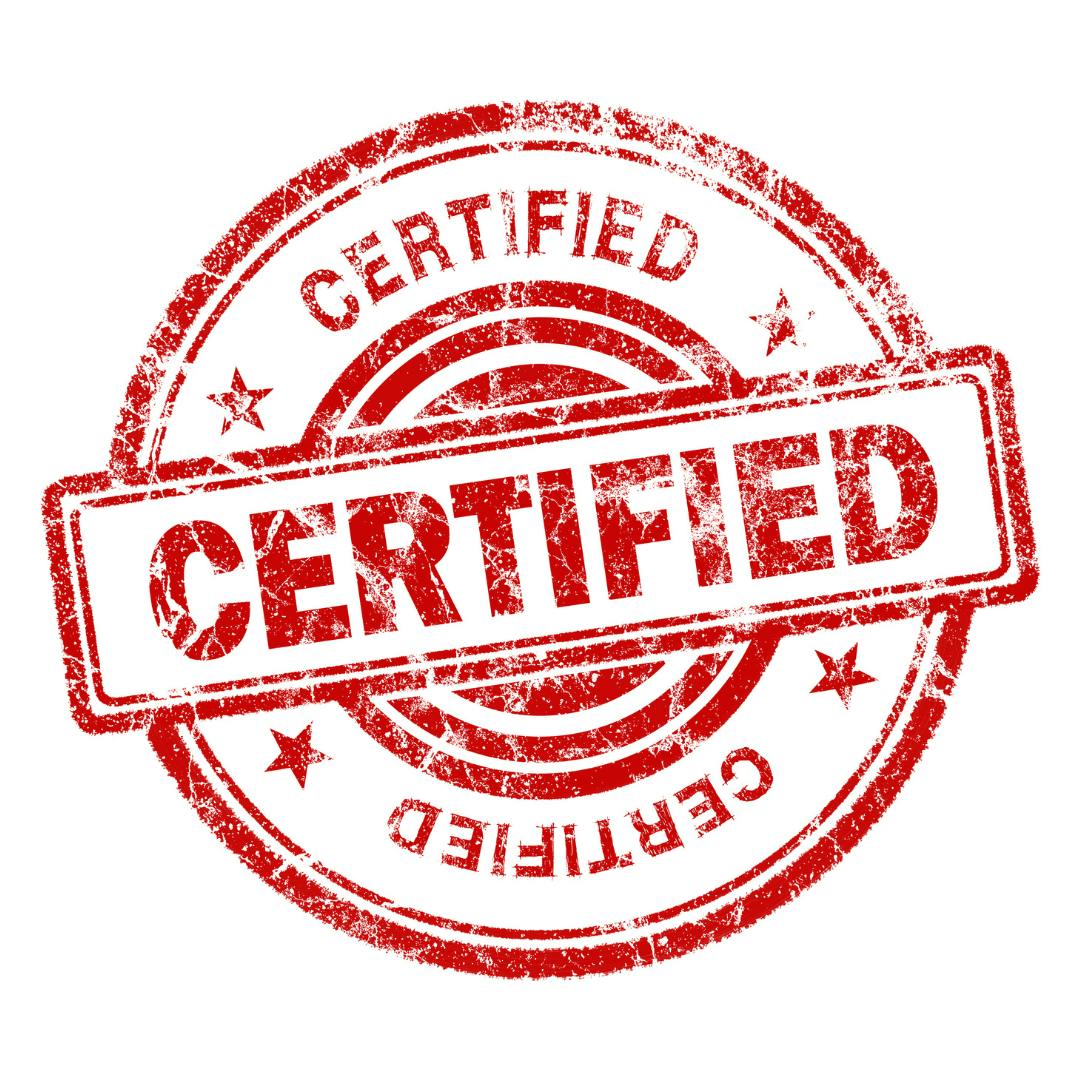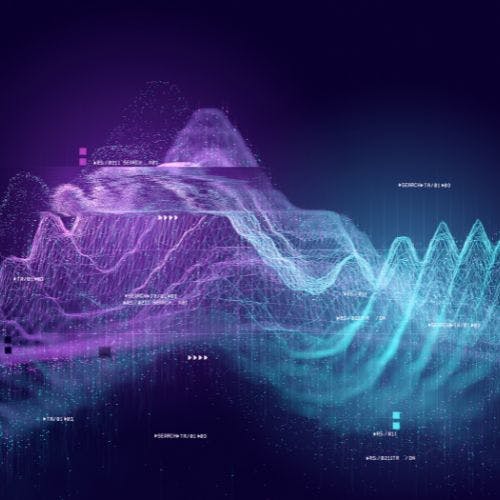Ever wondered what makes companies like Google, Netflix, or Amazon so precise in their predictions? What's the secret sauce behind their personalized recommendations? The answer is data science, and at the heart of this magical world are data scientists. Now, you might be thinking, "How can I become a part of this captivating world?" Well, this article is here to guide you through the process of how to become a data scientist. So buckle up, and let's begin our journey!
Understanding the role of a Data Scientist
Imagine being a detective, but instead of solving crimes, you're unraveling the mysteries hidden within data. A data scientist is somewhat like a modern-day Sherlock Holmes. They sift through vast amounts of information, detect patterns, and draw insights that can guide business decisions. From healthcare to finance, data scientists are everywhere, making our lives more efficient and tailored to our needs.
Educational Pathways
So, how do you start your path to becoming a data scientist? Do you need to be a math wizard or a programming guru? Not necessarily, but some education in these areas can certainly help.
- Degrees: Most data scientists have a degree in fields like Computer Science, Mathematics, or Statistics. Some even venture into specialized Data Science programs.
- Courses & Certifications: Websites like Coursera and edX offer fantastic courses to get you started. Certifications like SAS Data Science can add a shiny badge to your resume.
- Online Resources: YouTube, blogs, and online forums are gold mines of information. And guess what? Many of them are free!
- Continuous Learning: Remember, the world of data science is ever-changing. Keep learning, and don't let that spark fade away.
Essential Skills and Tools
Picture yourself as a chef. You need the right ingredients and tools to cook up something delicious, right? Similarly, to become a data scientist, you'll need a combination of tools and skills:
- Programming Languages: Python and R are like the salt and pepper in the data scientist's kitchen. Learning them is essential.
- Data Visualization & Manipulation Tools: Tools like Tableau and Excel help you visualize data in engaging ways. Think of them as your plating tools to present your data dish beautifully.
- Machine Learning & Statistical Methods: This is where you add the unique flavors to your data dish. Machine learning algorithms and statistical methods help you find hidden patterns.
- Soft Skills: Communication and problem-solving are key. After all, what good is a delicious dish if you can't serve it well to your guests?
Building a Portfolio
You've got the education, the skills, and the tools. Now what? Build a portfolio. It's like having a showcase of your culinary creations, but for data science.
- Hands-on Experience: Participate in competitions like those on Kaggle. Think of them as your cooking battles.
- Personal Projects: Have a project that you're passionate about? Work on it. It's your signature dish.
- GitHub Repository: Share your work with the world. Let others taste and critique your creations.
- Networking: Connect with others in the field. Sometimes, cooking with others can lead to the best dishes.
Feeling the excitement yet? We've just scratched the surface. Let's continue to explore how to become a data scientist. Ready to dive deeper?
Gaining real-world experience
Alright, you've cooked up some great data dishes and displayed them for the world to see. What's next? It's time to step into the professional kitchen and get some real-world experience.
- Internships and Entry-level Positions: These are your first stepping stones in the industry. They offer you a glimpse into the workings of a data-driven business, and you get to contribute your skills in a meaningful way.
- Open-source Projects: Consider these your community cooking events. By contributing to open-source projects, you collaborate with other data enthusiasts, and at the same time, enhance your portfolio.
- Consulting and Freelancing: Think of this as starting your own food stall. As a freelance data consultant, you solve real-world problems, setting your pace and gaining vast exposure to different types of data challenges.
Preparing for job interviews
The big day is coming. You've applied for a data science role, and now it's time for the job interview. How do you prepare?
- Common Interview Questions: Revisit your basics and be ready to explain them. Why do we use a specific algorithm? How do you handle missing data? These are your basic cooking techniques every data chef should know.
- Technical and Behavioral Rounds: This is where you'll cook in front of an audience. In the technical round, you'll demonstrate your skills. During the behavioral round, you'll show how well you work in a kitchen team.
- Negotiating Offers and Understanding Job Roles: Sometimes, the first offer may not be the best one. Know your worth, and don't be afraid to negotiate. Also, ensure you understand the job role - it's crucial to know what you'll be cooking before you join the kitchen.
Continuous professional development
You've made it. You're a data scientist. But the journey doesn't end here. The field of data science is always evolving, and you need to evolve with it.
- Keeping up with Industry Trends: Be aware of the latest tools, algorithms, and methodologies. They're like new ingredients or cooking methods appearing on the market.
- Attending Conferences and Workshops: These are your food festivals, a chance to meet other chefs, taste new dishes, learn, and grow.
- Collaborating with Peers and Joining Professional Organizations: Cooking alone is fun, but cooking with others is a feast. Collaborate, exchange ideas, and push the boundaries of what's possible in data science.
Conclusion
There you have it! You now have a roadmap to become a data scientist. It's an exciting journey, full of learning and opportunities. Yes, there will be challenges, but remember, even the best chefs have had their fair share of burnt dishes. Keep experimenting, keep learning, and most importantly, keep enjoying the process. Because, in the end, that's what matters the most, isn't it?
Additional Resources
To help you in your journey, here are some resources to get you started:
- Books: 'The Hundred-Page Machine Learning Book' by Andriy Burkov, 'Data Science for Business' by Foster Provost and Tom Fawcett.
- Online Courses: Andrew Ng's Machine Learning course on Coursera, Data Science MicroMasters program on edX.
- Communities: Kaggle, Towards Data Science on Medium, Reddit's r/datascience.
Remember, you're not alone in this journey. If you ever need help, don't hesitate to reach out. Now, ready to step into the world of data science and cook up some amazing data dishes? Let's get started!
And that concludes our guide on how to become a data scientist. Best of luck on your journey, and happy learning!











